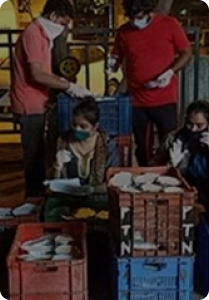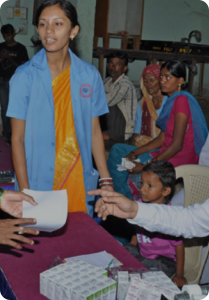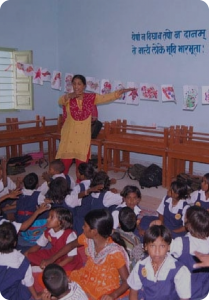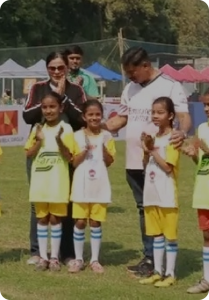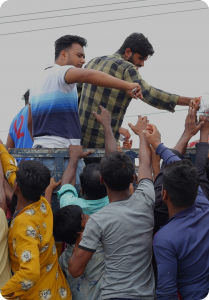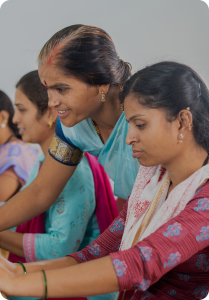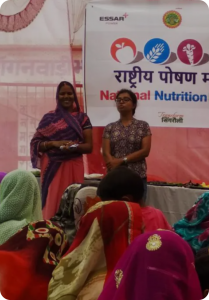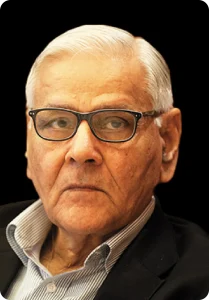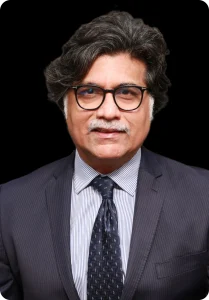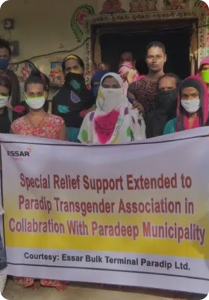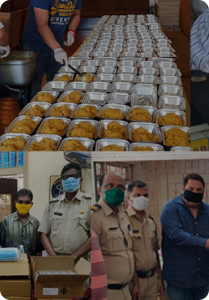A reflection in context of World Health Day
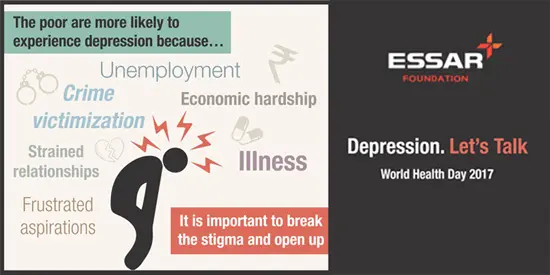
This World Health Day, Essar Foundation attempts to educate and inform about the fact that mental illness is as much a concern as physical illness is. In this journey the first step ahead is to break the silence and stigma around depression and start talking about it more openly. Towards this we encourage as much dialogue, discourse, and information sharing as possible, so as to develop greater awareness and understanding on the issue of depression.
With our continual experience in working intricately with health issues of rural communities there comes a definitive understanding of not just physical health but also mental health of the people living within conditions of poverty.
Poverty has far-reaching negative consequences for quality of life. The poor are more likely than others to be exposed to stressful life events, such as unemployment, crime victimization, and illness; they also live with chronic strains such as economic hardship, job dissatisfaction, and frustrated aspirations. Besides being stressful in their own right, these experiences are likely to lower people’s self-esteem and diminish their sense of control over life.*
The poor also appear to have relatively few social resources to draw on; compared with individuals at high income levels, the poor have smaller social networks, less organizational involvement, and less frequent contact with friends and family. This is partly because people living in poverty lack the economic resources to maintain extended networks. Furthermore, low socioeconomic status (SES) individuals find their relationships less useful in coping with stress than high SES individuals. Poverty is also associated with lowered support from immediate family members: poor quality marital relations, increased risk of divorce, and general dissatisfaction with family life. Given that poverty is associated with stress, chronic strains, a low level of social support, and problematic family relationships, it is not surprising that the poor also have a comparatively low level of psychological well-being.
But it seems reasonable to conclude that the stressful conditions associated with poverty, and the lack of resources for coping with these stresses, are factors that contribute to the low level of general psychological well-being among the poor.
To top this situation, there is great amount of stigma related to mental health issues in society. This prevents individuals from talking about it or reaching out to communicate. They end up suffering in silence instead of seeking help. To avoid being stigmatized or labelled, the person with depression then tends to appear ‘normal’ and goes about their routine. The situation may be likened to a person trying to pick weights with a broken shoulder. The acknowledgement of the symptoms in depression ought to be the first step followed by the act of seeking help. This requires empathy on the part of the family, friends, and the community as a whole. Rural India has a long way to go in building the appropriate infrastructure and resources to the extent necessary. However, building a culture of empathy is in the hands of each of us.
Depression: Let’s Talk.


